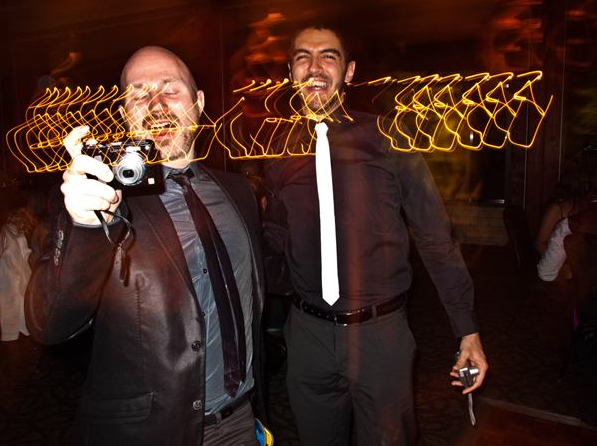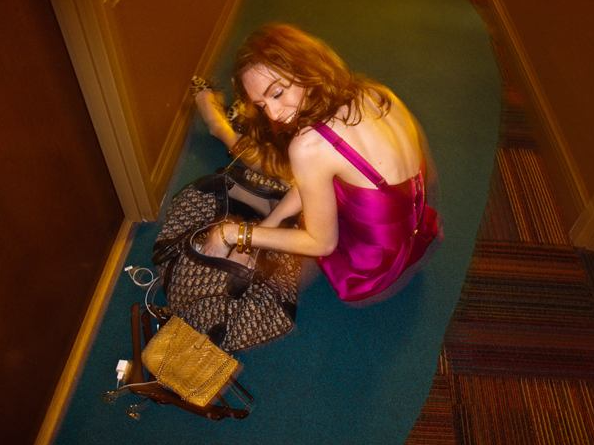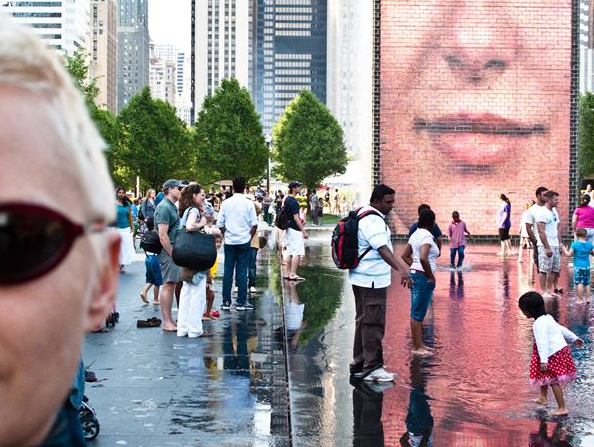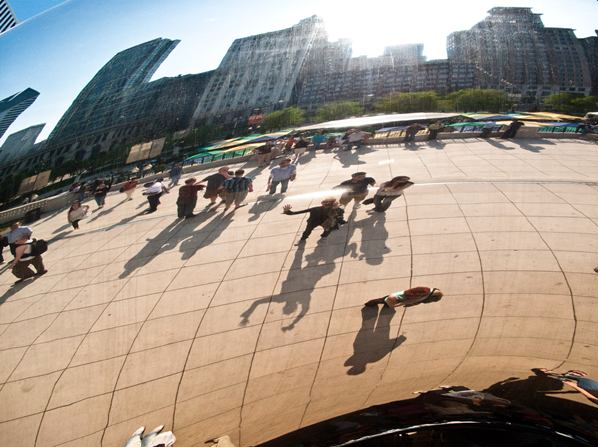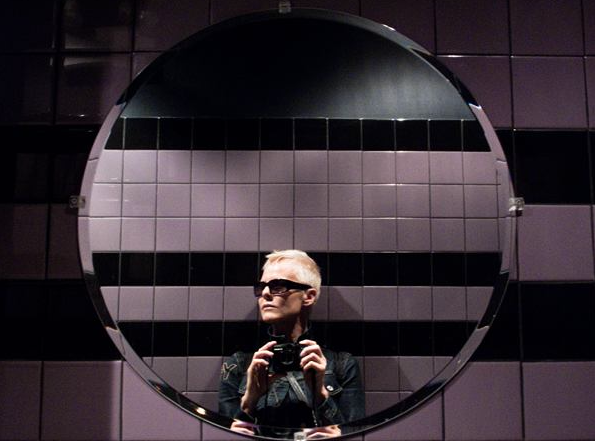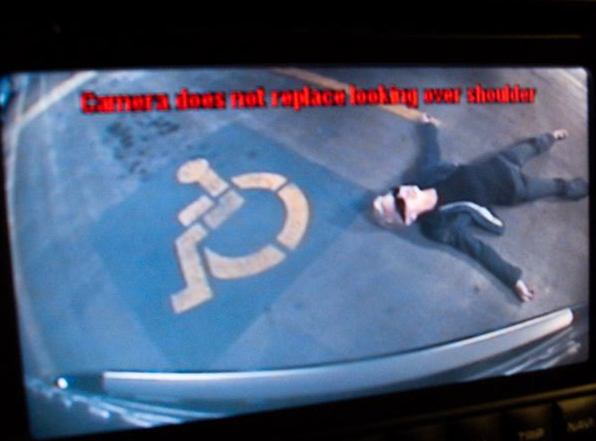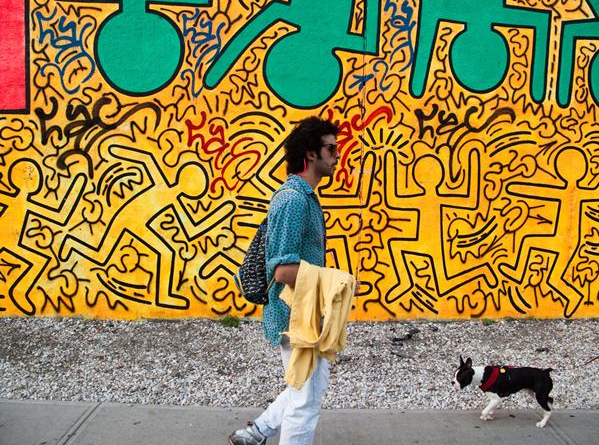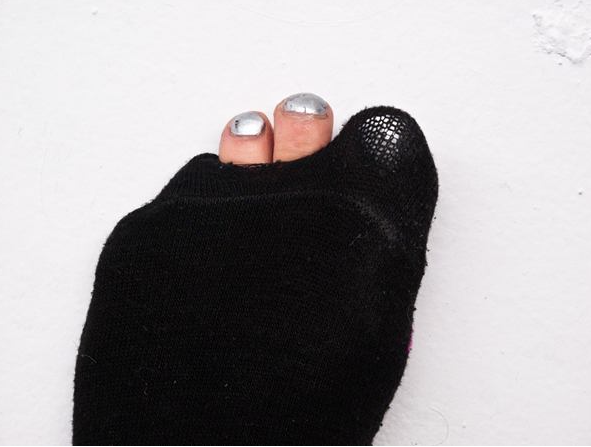Eva Mueller, Photographer, USA
From the very moment when photographer Eva Mueller documented her week of life, her photographs stood out with their absolute honesty. She has shown us her life the way it is. She revealed a large piece of herself and at the same time introduced us to the life of a photographer living in New York, a city that never sleeps. The art and visual sense that she gained during her graphic design studies are evident from Eva Mueller’s photographs. The peculiarity of Eva’s photographs and the way, in which she approached capturing her week justly ranks her among Week of Life Masters. Today we bring you an interview with her.
When did you first get acquainted with the medium called photography? And how has your relationship with photography developed?
When I studied Graphic Design in Germany in the 80s I started looking at a lot of photography. It inspired me tremendously. There were great contemporary people like Javier Valhonrat and Peter Lindbergh, but I also loved the classics like Erwin Blumenfeld and Penn. When I really started out it was mostly about fashion and beauty. In the last few years I’m shooting more portraits, lots of nudes, mostly male nudes and surprisingly abstract images. Those started to come out of me three years ago.
What is your job, what are your hobbies and where do you live with your family?
My job is being a photographer, and it’s my hobby as well! I love traveling and cinema and I look at all kinds of art whenever I can. I have a small family. My mother lives in Germany, I live in New York City.
Where did you first come across the Week of Life project and how did you feel about it?
Linda Brabcova, the project manager of „Week of Life“ found me on Fashion TV and asked me to participate before the website launched. It was a great experience! I really enjoyed taking pictures of my life in a very time structured way.
Do you think that this type of project could be in any way helpful to an individual or even society as a whole?
It is helpful! As I said if you start shooting your life on a daily base you suddenly see things you wouldn’t notice otherwise. It raises your attention and awareness. Therefore it will be beneficial for society in general.
You mentioned some luminaries of the world of photography such as Peter Lindbergh and others. Have you ever met any of them personally on your journeys or during your studies? If yes, what was it like?
No, unfortunately I never met him or other people whose work I admire a lot.
How did you experience the transition from analog to digital photography?
I couldn’t wait for it to happen at a quality that was necessary for professional photographers. I really had gotten tired of the darkroom. I love how many more creative tools you have in digital photography.
Many people say that the true photographic craft disappeared with the arrival of digital photography and that nowadays nearly anyone can be a photographer. What do you think about this statement?
It is true, anyone can be a photographer because anybody can afford the tools. However they’re just tools, so just because you have Garageband in your computer doesn’t mean you’re a musician. It still takes the eye and the skill and the understanding of light.
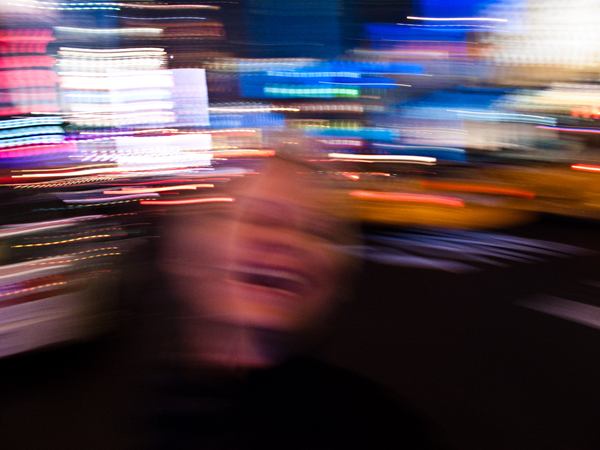
Is it difficult to survive in a city, which has been among the main centers of photography since this branch first appeared? The competition must be great..?
It certainly is!

In your opinion, what is the future of photography? Where is actually the line between which lies the boundary of original, and digitally modified hybrid?
The future of photography is video, but in the fine art sector there will always be a place for beautifully crafted photographs whether it be on film or digital, pure or altered.
If you didn’t live in New York where would you choose to live?
Brazil or Italy.

